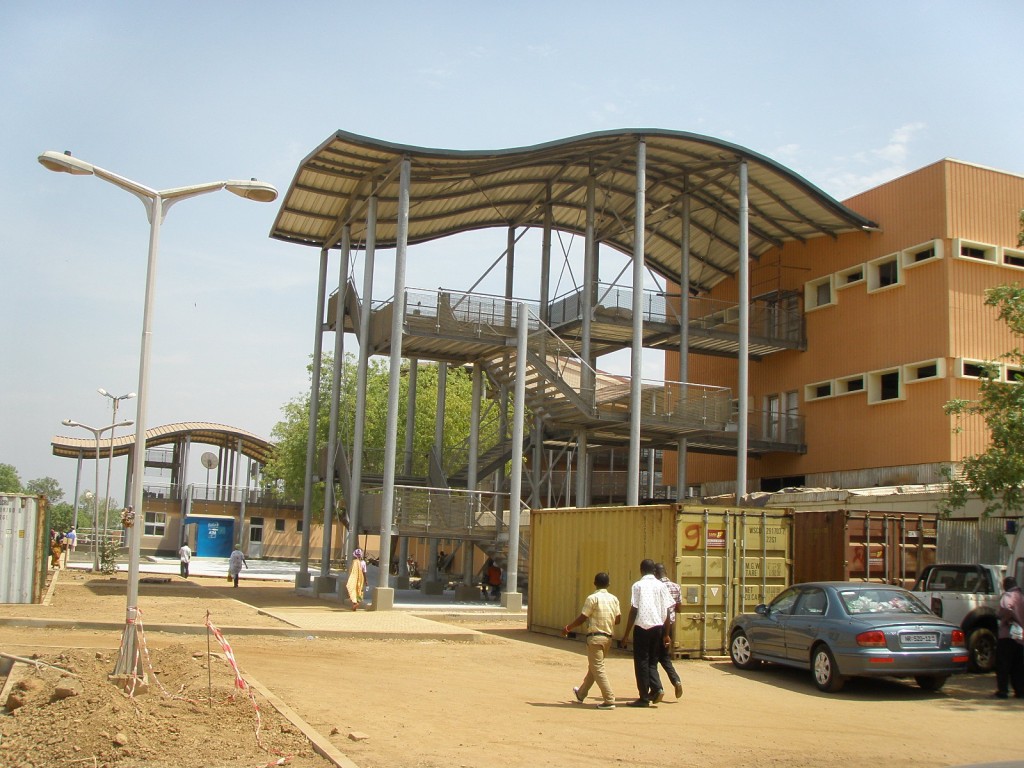By now, the murmurs have turned into an uproar—the Tamale Teaching Hospital (TTH) once again is at the centre of a healthcare storm.
Headlines scream of the CEO’s dismissal, fingers point, and the usual round of blame games has taken off.
The Minister of Health, wielding his legitimate authority, has terminated the CEO’s appointment in what many believe is a long-overdue act of accountability.
But beneath the surface of this seemingly decisive action lies a haunting question: Haven’t we been here before? And if so, why does so little seem to change?
Let’s not kid ourselves. The sacking of yet another CEO is not a reset button. It’s a bandage on a bullet wound—a temporary salve to appease public outrage while the deeper wounds of a broken system fester quietly beneath.
We’ve seen it too many times: a scandal erupts, blame is apportioned, the CEO becomes the sacrificial lamb, and life in TTH trudges on. Inefficiency remains. Patients continue to suffer. And the cycle, predictably, begins again.
To every situation, there’s “a very good reason” and then there’s “the real reason.” The CEO’s removal might satisfy the immediate public outcry. It might signal some semblance of action. But the real reason behind TTH’s crisis lies not in a single office, but in a systemic failure that has been overlooked for far too long.
TTH was never designed to be all things to all people. It is a tertiary facility, meant to deliver highly specialised care to critically ill patients. Yet today, it has become the first point of contact for everything—from malaria to maternity.
Why? Because the rest of the healthcare system in Tamale is either failing or, in some cases, simply doesn’t exist.
The so-called “Central Hospital,” supposedly the regional referral hub, is under-equipped and overstretched. Some district hospitals in rural areas are arguably doing better. Health centres, polyclinics, and district hospitals—which should serve as the first and second lines of care—are barely functional, under-resourced, or woefully absent.
Naturally, TTH is overwhelmed, bleeding resources meant for specialised care on cases it shouldn’t even be handling.
Layered atop this structural decay is an even more corrosive threat: political and tribal interference.
It’s an open secret that management at TTH has been hijacked more than once by political operatives, vigilante groups, and traditional authorities. A former CEO was physically chased out by Kandahar boys with the alleged blessing of some chiefs. Another left under mysterious pressures. And yet, not a single official inquiry. No accountability. No institutional learning.
Appointments to sensitive positions are too often awarded not based on merit, but on networks of loyalty—including tribe, politics, and personal connections. This practice doesn’t just damage TTH; it contaminates the entire healthcare system, making excellence the exception rather than the norm.
Let’s Talk About the Health Workers Too
And while we demand accountability from leadership, let’s not shy away from hard truths about some within the healthcare workforce. Yes, there are professionals who lack the ethics and humanity that the profession demands—rudeness, neglect, or even outright incompetence have led to complications, suffering, and even death for some patients. That, too, must change.
But let us also celebrate the unsung heroes—those incorruptible professionals who work under punishing conditions, who uphold the highest ethical standards, who fight daily to save lives in a system stacked against them. They are the quiet, steadfast heartbeat of TTH, and they remind us of what is still possible.
If we are truly ready to “reset” TTH, then let it be a real “reset”, not a symbolic one—not a political one. Let’s start by asking, and answering, the right questions:
- Why is Tamale still without a properly resourced regional hospital?
- Where is the comprehensive plan to strengthen primary and secondary healthcare?
- Why do we tolerate tribalism and political favouritism over competence and professionalism?
- When will the Ministry of Health, local government, and traditional leaders come together to build a decentralised, functional healthcare delivery system?
We need a sweeping audit of health infrastructure and services—not just at TTH, but across the entire northern health corridor. We need appointments based on qualification, leadership that’s protected from political interference, and a culture that values integrity over allegiance.
Don’t Press Delete
As we seek to fix what’s broken, we must be careful not to destroy what still works. TTH is flawed, yes—but it is also vital. Its doctors, nurses, and technical staff—those who rise above the system’s dysfunction—are worth preserving and protecting.
Let’s not mistake the need for a reset with a call for obliteration. In trying to rebuild TTH, we must not inadvertently press the delete button. Because what we risk losing could be far greater than what we hope to gain.
This is not just about one hospital. It’s about a health system that needs both structural overhauls and moral resets. It’s about time we moved from the politics of firefighting to the discipline of building. The people of Tamale—and the future of healthcare in Northern Ghana—deserve nothing less.
DISCLAIMER: The Views, Comments, Opinions, Contributions and Statements made by Readers and Contributors on this platform do not necessarily represent the views or policy of Multimedia Group Limited.

